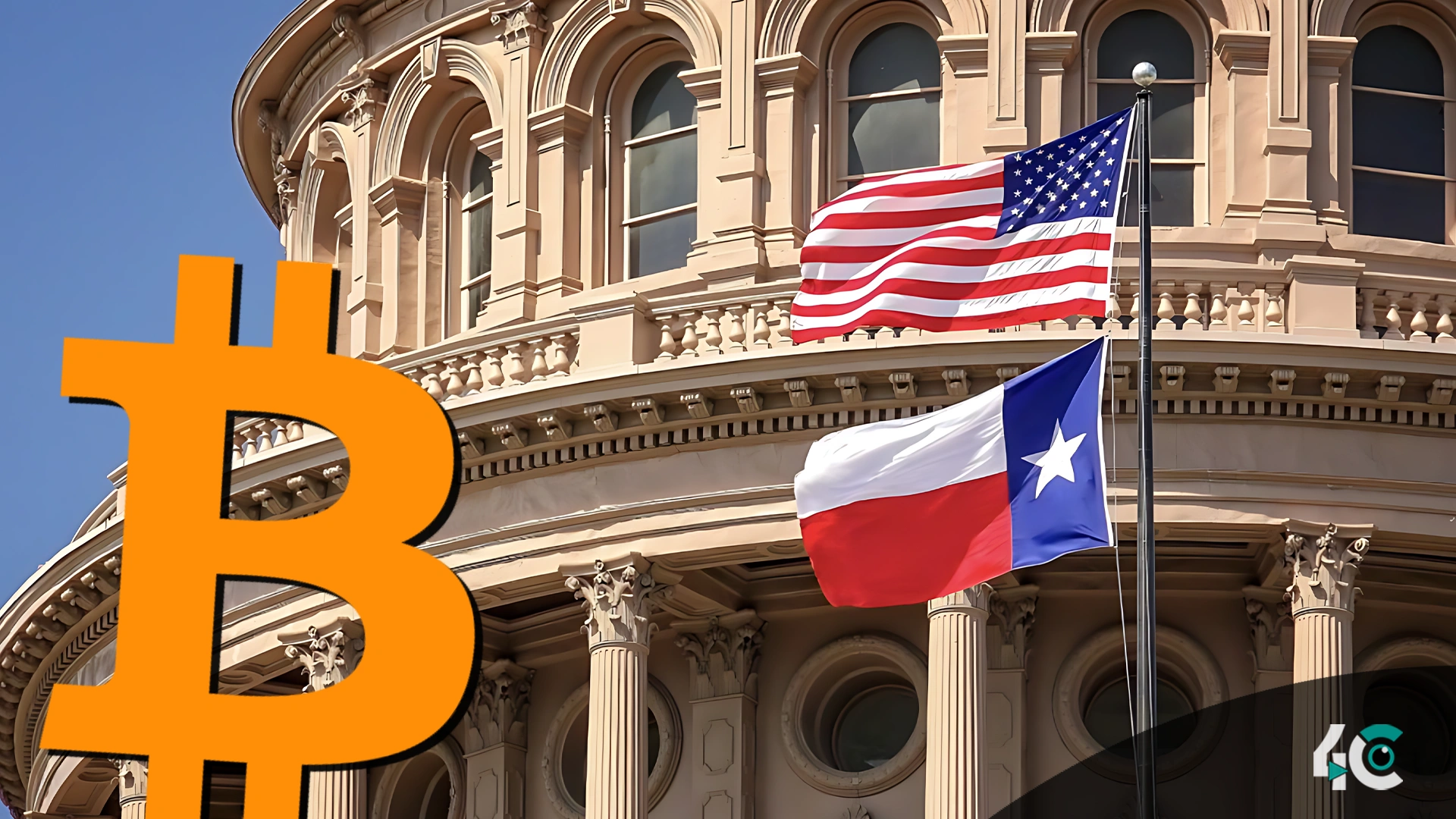Alabama and Minnesota have proposed legislation allowing the state to invest in Bitcoin, joining over two dozen U.S. states. Lawmakers in both of the states have put forward complementary bills that could pave the way for state investments in the top cryptocurrency.
Representative Bernie Perryman introduced the “Bitcoin Act” in Minnesota on April 1, mirroring a Senate bill that Senator Jeremy Miller had filed. This legislation will allow Minnesota’s investment board to buy Bitcoin and other cryptocurrencies if the law passes. The bill will also let state workers add crypto to their retirement savings plans, while residents will be able to pay taxes and fees in Bitcoin. Moreover, the legislation would remove state income taxes on crypto investment profits.
On the same day, Alabama lawmakers took a parallel step. Senator Will Barfoot is the sponsor of a Senate bill, while a bipartisan group of lawmakers, headed by Representative Mike Shaw, introduced a similar House version. Despite not mentioning Bitcoin directly, the bills restrict suitable investments to digital assets with a market cap of at least $750 billion, which only Bitcoin fits right now.
Alabama’s House Bill 482 is another proposal that aims to direct up to 10% of the state’s funds to Bitcoin. As per the bill, stringent requirements have been outlined for the secure management of the cryptocurrency, such as custody methods that do not allow mobile access, encrypted communication protocols, and state-controlled governance. It also contains provisions allowing the state treasurer to lend out assets as long as the state is not put at further risk.
If the Senate votes for the bill, legislation in Alabama would come into effect on October 1, 2025. Thus giving state financial agencies time to get ready before incorporating cryptocurrency into their portfolios.
The total proposals in the U.S. for a Bitcoin reserve are now 26 because of these legislative efforts. Currently, Arizona is leading the way and closing in on a law. In the meantime, other states, such as Pennsylvania and Wyoming, have rejected such proposals in the past.
Lawmakers aim to lessen reliance on federal assistance through sovereign wealth funds or counterparties.


































